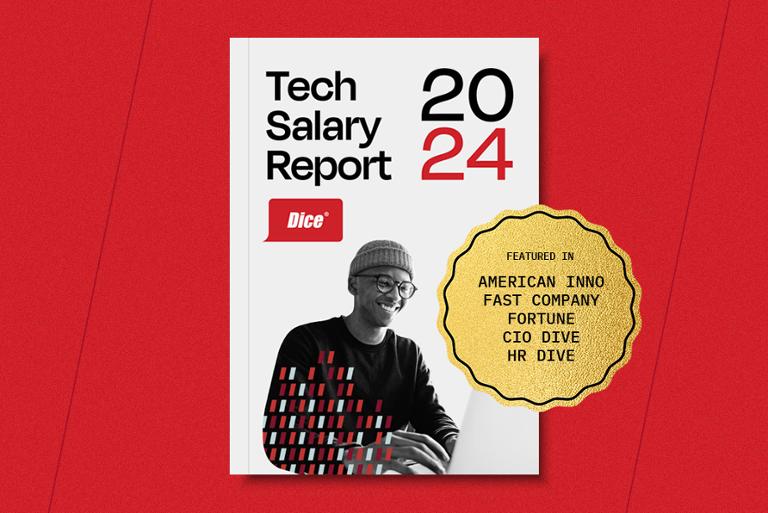
For organizations large and small, the health of core databases is key to survival and growth. That makes database administrators some of the most important employees—they’re the ones who create and maintain those databases, along with determining database-related standards and policies. Given the importance of the job, how much is a "typical" database administrator salary?
Are database administrators in demand?
According to Emsi Burning Glass, which collects and analyzes millions of job postings from across the country, organizations have posted 100,195 database administrator jobs over the past 12 months. The average time to fill an open database administrator job is 43 days, indicating a strong level of demand.
Over the next 10 years, Emsi Burning Glass predicts, the job market for database administrators will grow 1.9 percent. That’s not as high as other technologist positions, but it indicates long-term demand for the role.
What is a database developer’s average salary?
Emsi Burning Glass estimates the median database administrator salary at $87,233. That’s just a tad lower than many technology-related jobs; for example, the latest Dice Tech Salary Report placed the average technologist salary at $104,566, up 6.9 percent between 2020 and 2021.
With the right mix of experience and education, however, database administrators can easily make six-figure salaries per year, even before you add other types of compensation such as stock options and bonuses. Those with more than nine years of experience can earn a median salary of $112,500.

Find out which industries and tech hubs are paying top dollar for tech talent in Dice’s latest Tech Salary Report.
What are the most valuable skills for a database developer?
At its most basic level, a database administrator job centers on managing database availability and performance. If there’s an incident, database administrators are expected to solve it as quickly as possible. On a strategic level, database administrators must also design and test everything related to the database’s continuing performance.
Senior database administrators are expected to set the organization’s policies related to the database, and ensure that other stakeholders (such as cybersecurity experts) are doing their jobs when it comes to things like database security.
Given all that, what specialized skills pop up in database administrator job postings? It seems that employers are interested in database administrators possessing the following:
- SQL
- Database administration
- Teradata DBA
- Oracle
- SQL server
- Extraction transformation and loading (ETL)
- Performance tuning
Database administrators also need “soft skills” such as empathy and communication, since they’re expected to discuss issues with team members, give updates to senior leadership, and talk regularly with other stakeholders throughout their organization. The following soft skills also appear frequently in database administrator job postings:
- Communication skills
- Troubleshooting
- Problem solving
- Teamwork/collaboration
- Planning
- Writing
- Detail-oriented
While technical skills are always valuable, mastering these soft skills are vital if you want to take on a more managerial role.
Do I need a degree to become a database administrator?
A significant majority of job postings for database administrators ask for a bachelor’s degree (roughly 78 percent, according to Emsi Burning Glass). Comparatively smaller percentages want candidates with an associate’s degree, master’s degree, or doctorate. As with many tech professions these days, there’s a growing emphasis on skills over formal degrees—if you can demonstrate to recruiters and hiring managers that you can do the job, your chances of landing the position radically increase.
Keep in mind that many database administrator jobs might ask for certifications as a way of verifying those skills, including:
- Oracle Database Certified Associate
- Oracle Database Certified Professional
- Microsoft SQL Server: MCSE (Data platform and Business Intelligence)
- Microsoft Azure Database Administrator Associate
- IBM Analytics Certification
- MySQL Database Developer
- MySQL Database Administrator
- MongoDB DBA Certification
- Certified Cassandra Administrator
- SAP HANA Certification
Those certifications become more relevant, of course, depending on your target company’s tech stack. Earning certifications can give you leverage to negotiate for a better salary and more responsibility—and given the current demand for technologists, you can even ask your company to pay for training and certification exams.
Sign Up Today
Membership has its benefits. Sign up for a free Dice profile, add your resume, discover great career insights and set your tech career in motion. Register now
